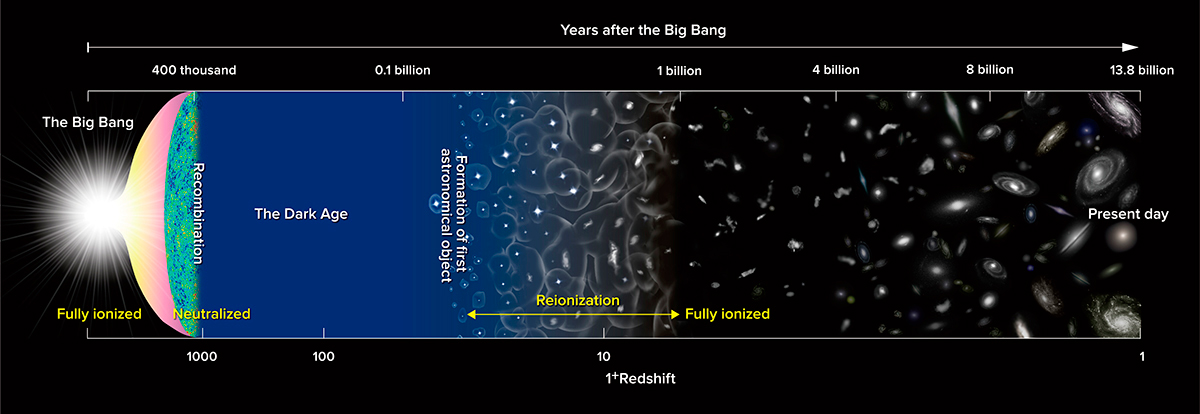Does the Measured Expansion of the Universe Support the “Big Crunch” Hypothesis?

Question:
I have a (most likely naive) question regarding dark energy. The farther away we look, the faster galaxies are receding away from us (and from one another)… but also, the farther away we look, the farther back in time we are observing. Likewise, nearby galaxies are receding away from us more slowly, although we are seeing those galaxies nearer to the present. So my question is, Why doesn’t that prove that the Big Crunch hypothesis is correct? After all, it makes sense that galaxies 12 billion light years away were racing away from one another at a faster rate, as we are them as they were very shortly after the big bang. So if anything, wouldn’t this prove that the universe is decelerating in expansion?
I hope I’ve worded my question well enough… This is a question that has bugged me for quite a long time, and I assume there’s a sensible reason that my claim is not true.
Thank you.
Answer:
Since the expansion of the universe is measured to be increasing as we observe objects which are at increasing distances from each other, that expansion is in fact accelerating. This observation does not appear to be consistent with a “big crunch” hypothesis, whereby all matter in the universe collapses back upon itself, presumably due to self gravitation. Note that mutual gravitational attraction between galaxies can interfere with measurements of the expansion of the universe on smaller scales, so the measured expansion is in fact a phenomenon that is measured on larger scales.





